Realizing Children’s Rights in St Kitts and Nevis
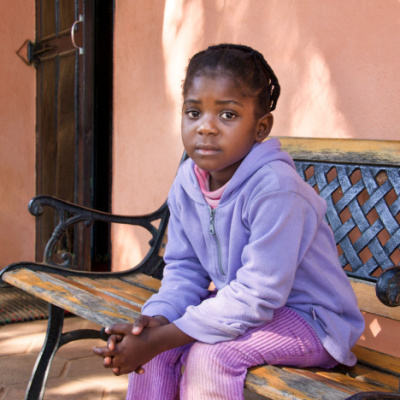
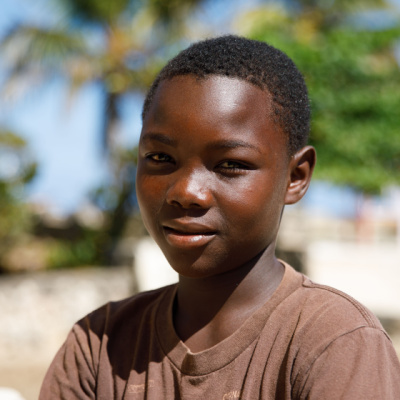
St. Kitts and Nevis has ratified a significant number of international instruments for the protection of children’s rights. Despite this, an absence of recent data about young people in the country, combined with a history of punitive treatment and corporal punishment towards young offenders undermines the protection of children across the country. This is exacerbated by archaic provisions failing to protect the LGBT community.

Children’s Rights Index: 7,86 / 10
Orange level : Noticeable problems
Population: 53.19 million
Pop. ages0-14: No data available
Life expectancy: 71.3 years
Under-5 mortality rate: 15‰
Saint Kitts and Nevis at a glance
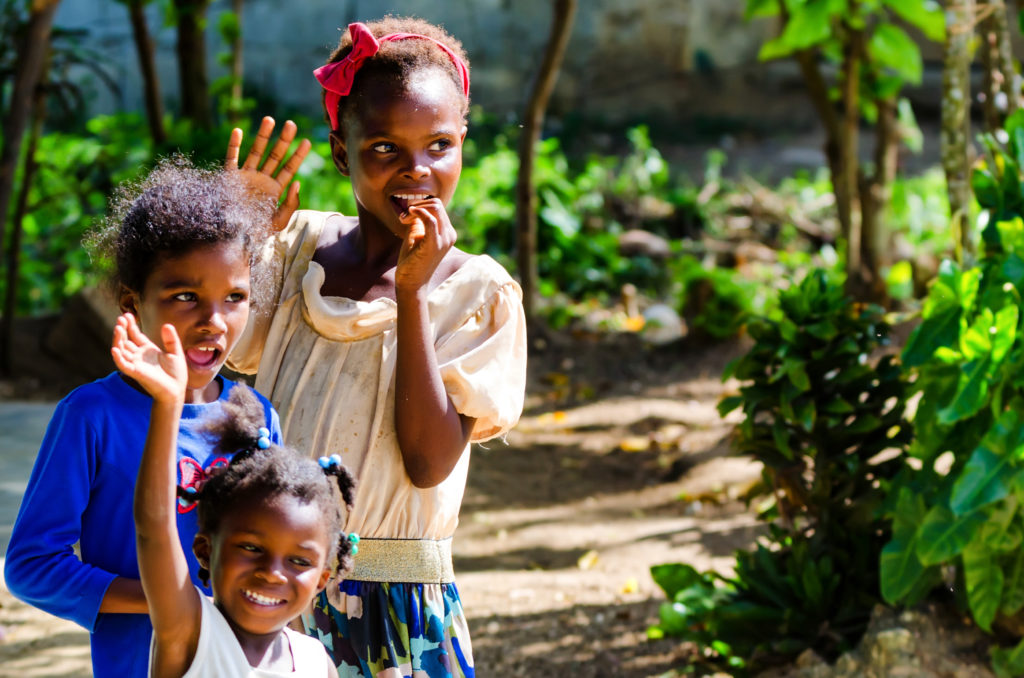
Saint Kitts and Nevis, or its official name, The Federation of Saint Christopher and Nevis, is a small two-island country of the Lesser Antilles situated in the eastern Caribbean Sea. Basseterre, the country’s capital, is located on the island of Saint Kitts. In 1493, upon Christopher Columbus’ second voyage, he renamed Saint Kitts and Saint Christopher after his patron saint. The island’s name was later shortened to Saint Kitts by English settlers arriving in 1623 when the first English colony was established. Later, in 1625, the French arrived, and the island fell under French colonial rule led by Pierre Bélain sieur d’Esnambuc.
During the 17th century, the island was divided between the French and the English. In 1783, after the signing of the Peace of Paris Treaty, the island was restored to Great Britain (Momsen, 2021). Saint Kitts and Nevis gained independence in 1983 and has since been an independent member of the Commonwealth with the British monarch as its head of State (Momsen, 2021).
Christopher Columbus sighted the neighbouring island and named it Nevis in 1493, after the clouds on its Peak, las nieves (the snows). The island was formed as a result of volcanic activity, and it was later occupied by English settlers in 1628 (Momsen, 2021).
Saint Kitts, the first island, is 68 square miles large (176 square kilometres). It has a volcanic mountain range down its centre known as Mount Liamuiga (formerly known as Mount Misery). Nevis, the second island, is located 2 miles (3 kilometres) across the Narrows channel from Saint Kitts and is 36 square miles large (93 square kilometres) and is surrounded by coral reefs (Momsen, 2021).
Status of children’s rights
Saint Kitts and Nevis has committed to several international instruments for the protection of children’s rights. In 1990, the government ratified the Convention on the Rights of the Child (CRC). Saint Kitts and Nevis is also party to other international human rights instruments such as the Convention on the Elimination of All Forms of Discrimination against Women (CEDAW) which was ratified in 1985, the Optional Protocol in 2006 and the Convention against Torture and Other Cruel Inhuman or Degrading Treatment or Punishment in 2020.
The government has not signed or ratified the Optional Protocol to the Convention on the Rights of the Child on the involvement of children in armed conflict and on the sale of children, child prostitution and child pornography. Despite this, the government has demonstrated its commitment to protecting children through the Trafficking in Persons (Prevention) Act No. 2 of 2008, Electronic Crimes Act No. 6 of 2012 and the Customs (Control and Management) Act. Saint Kitts and Nevis has ratified all key international child labour conventions including the International Labour Organization (ILO) Minimum Age Convention, 1973 (No. 138) and Worst Forms of Child Labour Convention, 1999 (No. 182).
Saint Kitts and Nevis is a member of the Organization of American States (OAS) and is bound to the Inter-American System of Human Rights. In 1995, the government ratified the Inter-American Convention on the Prevention, Punishment, and Eradication of Violence against Women (known as the Belémdo Pará Convention).
Nationally, the government has taken steps to protect children from violence, neglect, abuse, exploitation and children in conflict with the law through passing and implementing national laws such as: the Child Care and Adoption Bill, Domestic Violence Bill, Child Justice Bill, Child Maintenance Bill, and the Guardianship, Custody and Access Bill (UNICEF, 2021).
Addressing the needs of children [1]
Right to education
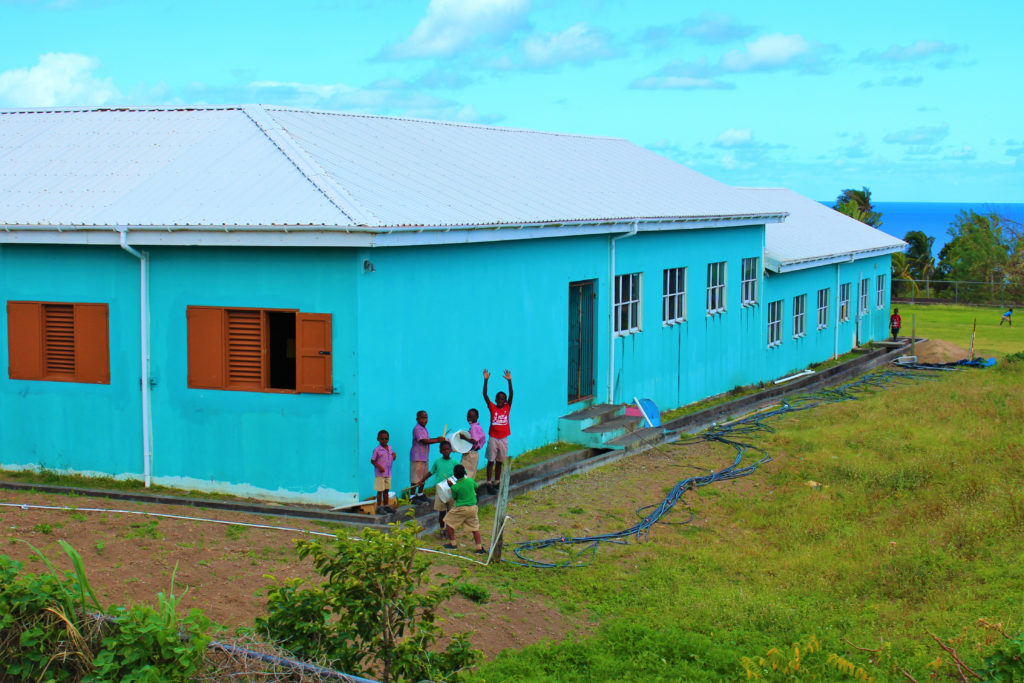
Saint Kitts and Nevis was the first country in the Caribbean to introduce universal secondary education in 1968, a milestone which paved the way for the country to achieve a 98% literacy rate. Universal primary education was a national priority in the government’s aim to seek equal opportunities for boys and girls. By the mid-1980s, education was made free and compulsory from ages five to sixteen (UNICEF, 2017). In 2016, the school enrolment rates were high, with secondary school enrolment rates for girls (100%), higher than for boys (96%) (UNICEF, 2021).
Regionally, there are four legal frameworks that guide educational development and standards in the region, namely: (1) Regional Policy on Gender Equality and Social Justice 1995; (2) Education for All in the Caribbean: A plan of Action for 2000-2015; (3) The Regional Framework for Action on Children 2012-2015 and (4) The Montego Bay Declaration. Nationally, education is governed by the Education Act 2005 which regulates early childhood to tertiary education (UNICEF, 2017).
The government places importance on education, with 16% of the national budget invested in the education sector. Across Saint Kitts, there are seventeen public primary schools and six high schools. In Nevis, there are seven public primary schools and two high schools (Ministry of Community Development, Gender Affairs and Social Services, 2021).
In government schools in Saint Kitts, children are offered free meals under the School Meals Programme and in Nevis, school meals cost $25 USD per week. For families who cannot afford to pay the fee, an application process exists, where, if successful, social services and local businesses provide financial support (Ministry of Community Development, Gender Affairs and Social Services, 2021).
Additionally, the Student Education Learning Fund, managed by the Ministry of Education, provides textbooks free of charge to students, and these books must be returned at the end of the school year (Ministry of Community Development, Gender Affairs and Social Services, 2021).
Right to health
The Ministry of Health is responsible for the organization of all health services in the country. The country does not have national health insurance, but for children below the age of 18 and adults over the age of 62, all health care is free. Health care is also free for all expectant mothers (Pacific Prime, n.d).
There are eleven healthcare centres in Saint Kitts, six in Nevis and four hospitals in total, of which two are referral hospitals and the other two are district hospitals. The country does not have any private hospitals or clinics (Pacific Prime, n.d).
Right to clean water and sanitation
According to a UNICEF July 2021 report, 99% of people living in Saint Kitts and Nevis have access to clean drinking water from an improved water source and 92% of people have access to basic sanitation services (UNICEF, 2021).
The island frequently experiences water scarcity and drought presents a critical hazard with half the island receiving less than 50 inches of rainfall per year. The southeastern part of the island, particularly Charleston and Butlers Manning remains the most affected (OCHA, 2022).
Right to identity
Due to the country’s unique socio-political history, under Section 92 of the Constitution, persons born before September 1983 were granted British nationality and those born after September were citizens of Saint Kitts and Nevis (Ministry of Community Development, Gender Affairs and Social Services, 2021). The birth registration process begins at the hospital and all information is passed on to the Registrar of Births to ensure that an official record is made for the child’s birth. Once the name is registered, the identity of the child is preserved (Ministry of Community Development, Gender Affairs and Social Services, 2021).
At birth, children born out of or in wedlock adopt the surname of their father. Paternity can be declared and proved in numerous ways in accordance with the Status of Children Act. This statute also enforces Section 15 of the Constitution, by granting children born out of wedlock equal legal rights and protections (Ministry of Community Development, Gender Affairs and Social Services, 2021).
Risk factors → Country-specific challenges
Violence
Under Section 49 of the Education Act, “corporal punishment may be administered where no other punishment is considered suitable or effective” (Ministry of Community Development, Gender Affairs and Social Services, 2021). Corporal punishment is permitted on the palms of the hands of students and no more than four strokes are administered to students on the same day.
The instrument that is allowed to be used and recommended by the Chief Education Officer is an 18-inch leather strap. The person who issues the punishment must be the same gender as the student and during this process, another member of staff, of the same gender must be present (Ministry of Community Development, Gender Affairs and Social Services, 2021).
The use of corporal punishment has significantly decreased over time, from 55% in 2014 to 39% in 2019 (UNICEF, 2021). Although corporal punishment still exists, often, it is used as a measure of last resort, typically teachers make students clean or write lines as a disciplinary measure. In 2017, with support from UNICEF, the Ministry of Education launched the Effective Schools Framework which aims to provide a safe and healthy learning environment for all children. The framework seeks to train positive behaviour management techniques to be used within schools to reward positive behaviour (Ministry of Community Development, Gender Affairs and Social Services, 2021).
Discrimination
In Saint Kitts and Nevis there are strict laws against buggery and indecency laws that discriminate against the lesbian, gay, bisexual and transgender community (LGBT).
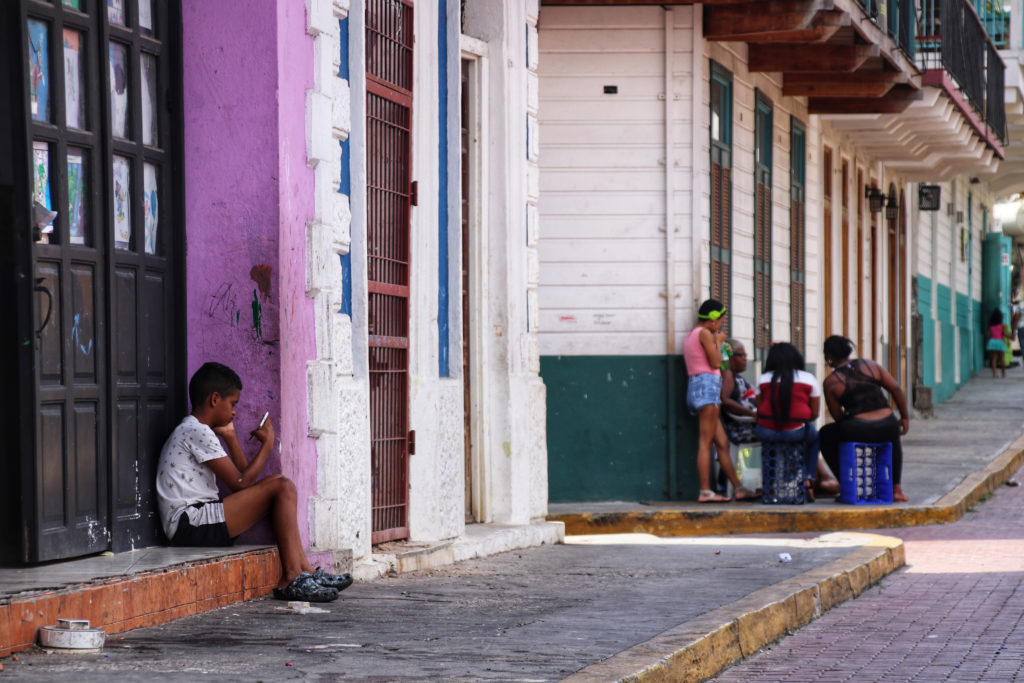
Similar laws exist across other Eastern Caribbean countries such as Antigua and Barbuda, Barbados, Dominica, Grenada, St. Lucia and St. Vincent and the Grenadines. These laws are relics of colonialism and discriminate against the LGBT community. Civil society organizations and activists in Saint Kitts and Nevis have been working to advance the rights of the LGBT by raising awareness and exposing the human rights violations faced by the community (Human Rights Watch, 2018).
During the 41st Session of the Human Rights Council in Geneva, Saint Kitts and Nevis was urged to decriminalize same-sex relationships. The country is yet to act on this recommendation: Section 56 and 57 of The Offences Against the Person Act outlaws same-sex relationships in violation of international human rights law and have a damaging impact on the lives of LGBT persons (Human Rights Watch, 2021).
The government has not signed or ratified the International Covenant on Civil and Political Rights (ICCPR), which would place an obligation on the government to uphold civil and political rights, necessitating greater protection of the LGBT community (UNICEF, 2017). In a series of interviews with the LGBT community conducted by Human Rights Watch, interviewees expressed feelings of rejection, harassment, stigmatization, ostracization, and the fear of physical violence. The buggery and indecency laws prohibit LGBT persons from reporting any abuse that they face (Human Rights Watch, 2018).
Gender-based violence
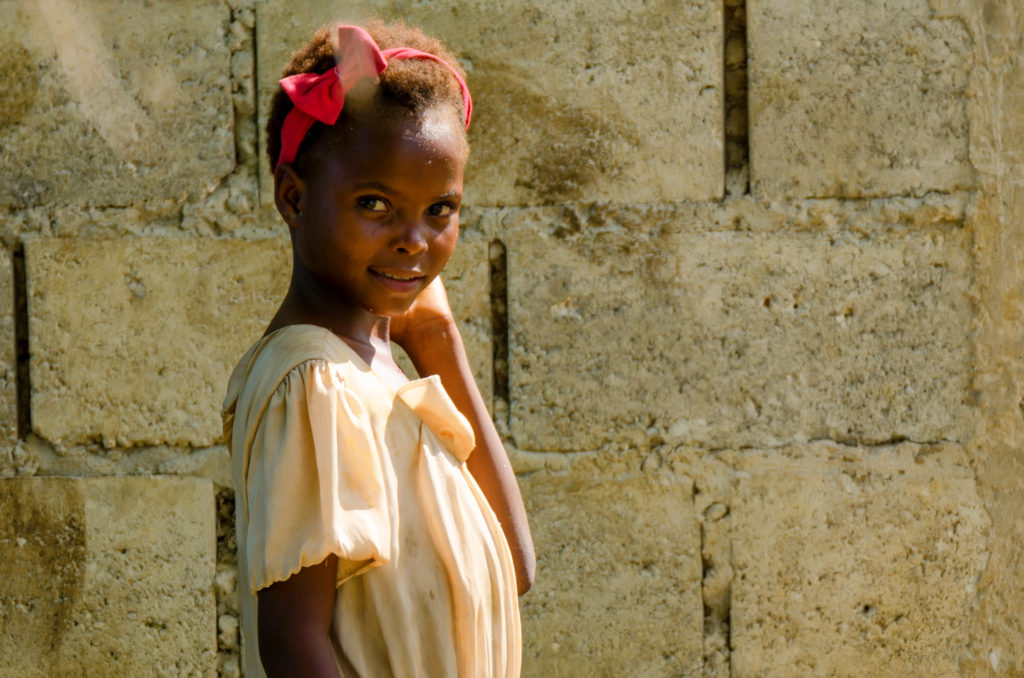
Between 2010 and 2014, there were 521 reported cases of child abuse and neglect in Saint Kitts and Nevis. A majority of these crimes were committed against girls and were classed as sexual and emotional abuse, neglect and child abandonment. In a 2014 social survey conducted by UNICEF, it was found that approximately 40% of people interviewed did not feel it was “their business” to report, 80% feared negative consequences with reporting or embarrassment in stepping forward and almost half of those interviewed did not believe that child sexual abuse justifies reporting (UNICEF, 2017).
Adolescent pregnancy
Although very limited data exists on the number of pregnant adolescents in the country, it remains a focus for the government. Since 1996, adolescent pregnancy rates have been declining from 36% in 1996 to 12.7% in 2014. This decline has been attributed to the introduction of the “morning after pill”, and despite abortions being illegal, they are still accessible (UNICEF, 2021).
In Saint Kitts, the legal age of majority is eighteen and the age of sexual consent is sixteen. The law requires that below the age of majority, parental consent is required for medical decisions. Therefore, in order to access contraceptives and other sexual and reproductive health services, adolescent girls require parental consent (UNICEF, 2021).
Despite an increase in sexually active adolescents, schools do not provide any form of contraception and sexual and reproductive education is limited, however, health services distribute condoms. Schools allow pregnant adolescent girls to continue their education for as long as possible and give them the opportunity to return after giving birth (UNICEF, 2021).
In 1997, the Department of Gender Affairs set up the ‘Project Viola” programme in order to support adolescent mothers attending public schools. This programme assisted in financially covering the costs of day-care, while mothers attended school (UNICEF, 2021).
Juvenile justice
In the broader Eastern and Southern Caribbean (ESC) region, historical trends showcase a punitive culture geared towards retributive justice rather than rehabilitative. Countries throughout the region favour punishing offenders for wrongdoing, despite evidence suggesting this approach increases the likelihood of re-offending (Barnes-Ceeney et al, 2021).
St. Kitts and Nevis’ homicide rate of 41.8 per 100,000 people is almost seven times higher than the global average. High rates of insecurity stifle economic development and present physical and mental health risks to affected communities (Barnes-Ceeney et al, 2021).
In 2012, the New Horizons Co-ed Rehabilitation Centre (NHRC) was established as a part of the government’s comprehensive strategy to provide rehabilitative care to children who had committed criminal offences in an effort to assimilate them back into society. This centre acted as a facility to ensure children were separated from adults in prison. Conditions within the facility are adequate and the country has ended the practice of solitary confinement (CRIN, 2015).
In 2013, the government passed the Child Justice Act (CJA). Under this Act, important provisions initiated the establishment of the Child Justice Committee. This Committee comprised a magistrate and two social workers to review cases of juvenile delinquency, assign youth to diversion programs and advocate for juveniles in conflict with the law to ensure successful rehabilitation and reintegration. The Child Justice Act increased the age of criminal responsibility, from eight to twelve years old (Barnes-Ceeney et al, 2021).
An August 2021 report by USAID identified substance abuse, gang affiliation, poverty, corruption, the role of parents and the education system as drivers of delinquent behaviour (Barnes-Ceeney et al, 2021).
Despite longstanding punitive practices, St. Kitts and Nevis is beginning to approach juvenile justice with more restorative and rehabilitative approaches. Reintegration and diversion strategies still require greater funding. Probation Officers also require greater training and monitoring to ensure compliance with appropriate standards and stricter monitoring (Barnes-Ceeney et al, 2021).
Written by Vanessa Cezarita Cordeiro
Internally proofread by Aditi Partha
Last updated on 7 August 2022
References:
[1] This article by no means purports to give a full or representative account of children’s rights in Saint Kitts and Nevis; indeed one of many challenges is the scant updated information on the children in Saint Kitts and Nevis, much of which is unreliable, not representative, outdated or simply non-existent.

